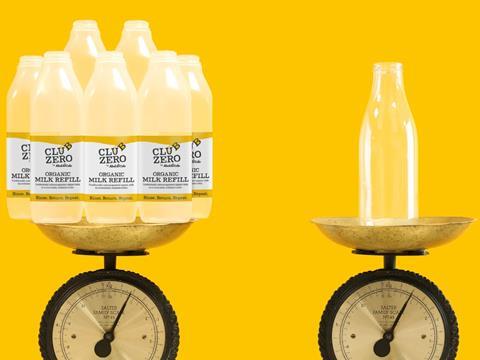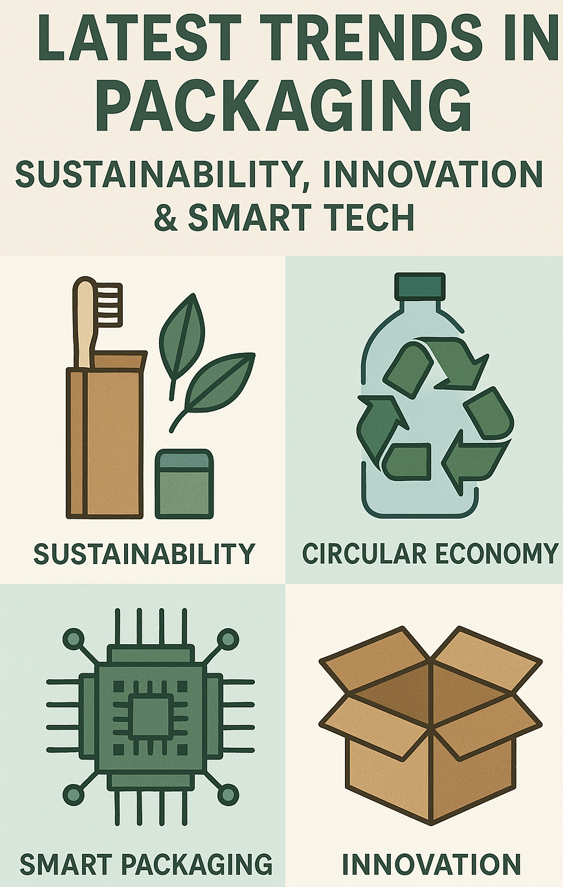
The company has introduced refillable milk bottles made from 100% polypropylene, a move aimed at reducing carbon emissions and minimizing single-use plastic waste.
While glass is traditionally considered the standard material for refillable milk bottles due to its cost-effectiveness and ease of sterilization, glass bottles are heavy and prone to breakage.
Abel & Cole’s Club Zero Refillable Milk bottles offer a sustainable alternative that overcomes these challenges.
The bottles are designed for multiple refills and are fully recyclable at the end of their life cycle.
According to the company, after four reuses, their solution reduces the carbon footprint of single-use milk bottles by half when compared to glass bottles, which would require fifteen returns to achieve similar emissions savings.
“When it comes to packaging materials, plastic is often seen as the enemy, but we challenged ourselves to ask if it was better to use glass, which is heavier and more energy-intensive to make or to go against the grain,” Hugo Lynch, sustainability lead at Abel & Cole said.
This initiative is also expected to prevent the use of 450,000 single-use plastic milk bottles and save 23 tonnes of plastic annually.
The estimate is based on Abel & Cole’s annual sales of 600,000 bottles and a projected return rate of 75%, taking into account existing data for refillable plant milk. Each bottle is expected to be returned three times and used for four cycles.
“Club Zero Refillable Milk utilises existing packaging resources and technology, safely allows for multiple refills and is completely recyclable,” Lynch said.
“There’s been plenty of trial and error along the way, but we’ve trailblazed a more sustainable way to deliver and refill milk and are proud to choose plastic. Imagine the impact we could have if the entire dairy industry made the switch too!”
Moreover, this effort is anticipated to reduce carbon emissions by 60 tonnes annually compared to a glass alternative, with the potential to reach 300,000 tonnes if 90% of the 7 billion litres of milk distributed in the UK annually were packaged in reusable plastic bottles.
The Abel & Cole bottles have undergone chemical testing to ensure they are compatible with reuse and refill processes.
The company has also worked with MV Technical Solutions to develop a specialized bottle washer capable of cleaning and drying plastic bottles effectively.
The returned bottles will undergo an eight-stage washing process, which has been tested by Abel & Cole’s Technical team and the Environmental Health Organization.
Meanwhile, Milk & More is also working with Cola-Cola Europacific Partners to directly deliver, return, refill, and reuse Coca-Cola Zero Sugar glass bottles; and Coca-Cola HBC has invested in a new, high-speed line for returnable glass bottles at its Edelstal plant in pursuit of net zero emissions by 2040.







